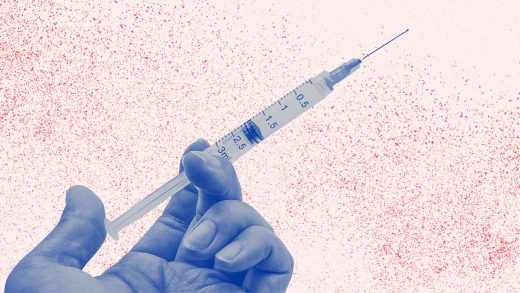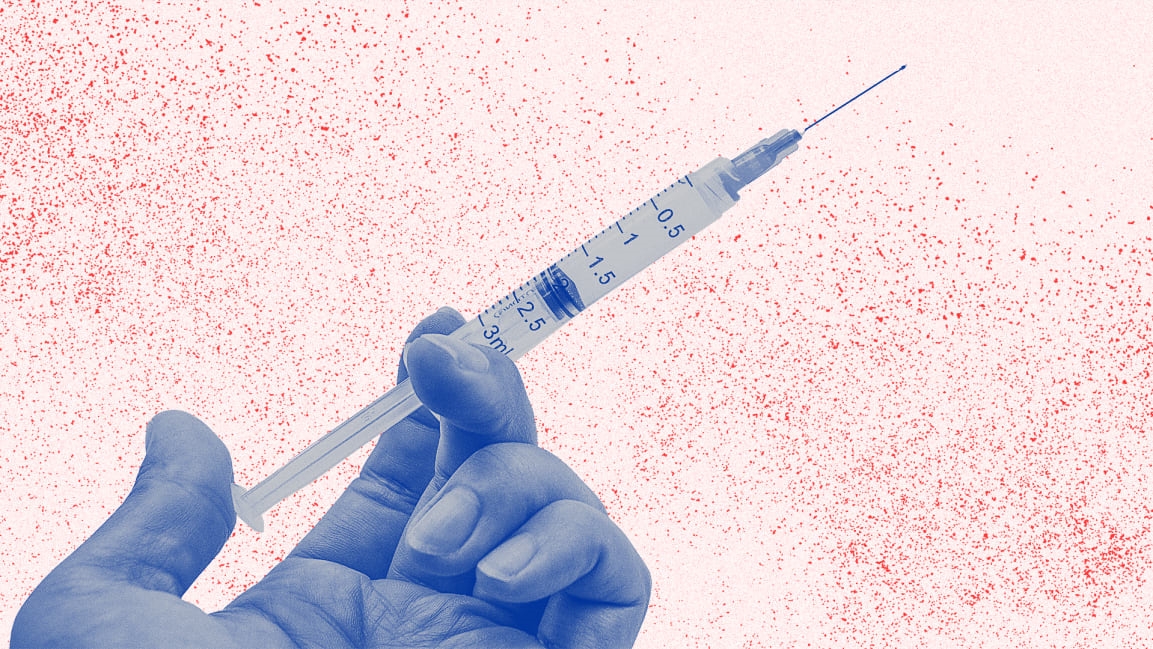Can you get a COVID-19 booster shot? Here’s what to know
This story was updated on 9/22/2021 and 9/27/2021
The Food and Drug Administration (FDA) has authorized a third shot of Pfizer’s COVID-19 vaccine, Comirnaty, for people over the age of 65 and anyone who may be at risk of getting severe infection because of frequent exposure at work. It previously authorized a booster, or an extra dose of the Pfizer vaccine, to immunocompromised individuals. In its guidance, the FDA says booster shots should be administered six months after the second dose.
Last Friday, an FDA advisory committee voted in favor of giving a third shot of the vaccine to people ages 65 and older and those at high risk of contracting a severe form of COVID-19. The FDA followed the advice of its advisory committees. The Centers for Disease Control and Prevention has now also set policy for booster vaccinations, endorsing its use in people over the age of 65, those who work in occupational or institutional settings where they might have frequent exposure to the virus, and anyone with underlying medical conditions that might put them at risk of severe infection.
In August, the Biden administration announced that it would initiate a broad plan to offer booster shots to all Americans, eight months after their second dose, on September 20. However, the FDA’s decision to offer boosters to only a portion of the most at-risk populations has altered those plans. Dr. Anthony Fauci, director of the National Institute of Allergy and Infectious Diseases, says the authorization could be expanded later as regulators continue to analyze the data. In the meantime, he told CNN’s State of the Union, he thinks the current recommendation is a good one.
“I think it’s a good recommendation, because if you look at everyone over 65 and people from 18 to 64 with underlying conditions that make them more likely to have a severe outcome, and those who are 18 to 64 who, by either institutional or occupational situation put them at a higher risk for exposure and infection, you’re gonna get a pretty good chunk of the population.”
What is so controversial about boosters?
There has been a lot of debate about whether to distribute a booster shot to Americans who have already been vaccinated. The main concern is over whether there is enough data to support the idea that a third shot is truly necessary. Even a recent study from the CDC showed that while Pfizer’s vaccine effectiveness did decline significantly over four months, it still conferred strong protection against COVID-19. (Moderna, which has also applied for approval for a booster shot, showed virtually no decrease in effectiveness.)
Scientist want to see more data. In a September 13 report published in The Lancet, researchers wrote that it’s not clear that the overall population needs a booster. They say that all three vaccines (Moderna, Pfizer, and Johnson & Johnson) consistently show protection against severe disease from all the main viral variants, including delta. And while the authors note that there may be a need for a booster as protection from vaccines wanes, they say public health officials should be wary of introducing a booster too soon or too frequently, citing rare side effects. Putting out boosters too early, they write, could also undermine public confidence in vaccines if there is not a specific and direct benefit.
While there have been breakthrough infections among vaccinated Americans, the vast majority of people hospitalized or dying from COVID-19 are unvaccinated. The vaccines are designed to prevent severe disease, not all infection. As such, experts say, the vaccines are still working for most people.
Will I be able to get one?
Maybe! The FDA has now authorized booster shots for three groups: immunocompromised individuals, people over the age of 65, and people whose job may put them in frequent contact with COVID-19. In the FDA announcement authorizing the booster for people with work-related exposure, acting FDA Commissioner Janet Woodcock specifically mentioned that healthcare workers, teachers and daycare staff, grocery workers, and those in homeless shelters or prisons would be able to access a booster. As for immunocompromised individuals, the agency defines those as having had a solid organ transplant or a diagnosis for a disease that renders one equivalently immunocompromised. The CDC’s guidance is in alignment with the FDA.
The FDA’s authorization alone allows healthcare providers to begin offering boosters. As for Moderna and Johnson & Johnson vaccines, the data is still incoming.
(47)



